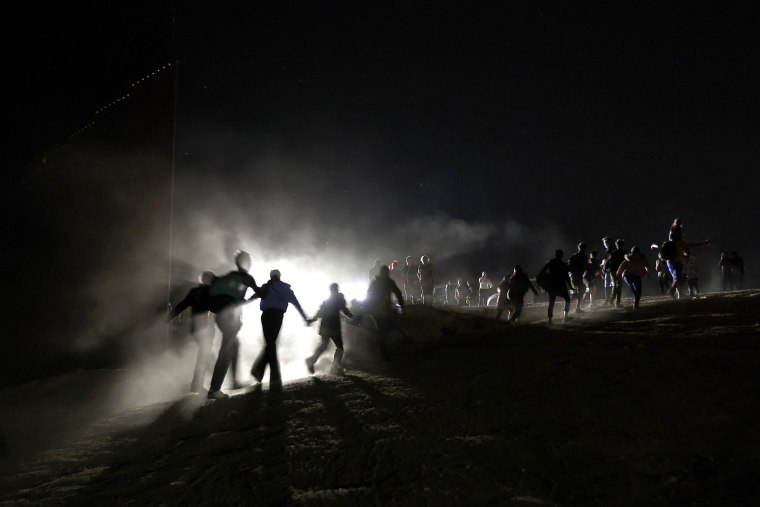The Supreme Court on Wednesday declined to let states step in to defend a change in immigration rules, rejected by the Biden administration, that would impose new limits on the admission of immigrants considered likely to become overly dependent on government benefits.
Under former President Donald Trump, the Department of Homeland Security announced that it would expand the definition of “public charge,” applied to people whose entry could be denied because of a concern that they would primarily depend on the government for their income.
In the past, the designation was largely based on an assessment that an immigrant would be dependent upon cash benefits. But the Trump administration proposed to broaden the definition to include non-cash benefits, such as Medicaid, supplemental nutrition and federal housing assistance.
Anyone likely to require that level of help for more than 12 months in any three-year period could be swept into the expanded definition and denied admission.
Adoption of the rule in August 2019 touched off a series of lawsuits. Five separate federal courts blocked its immediate enforcement, so it never took effect. While those cases were pending, the Biden administration cancelled the rule and said the Justice Department would no longer defend it in court.
Arizona and a dozen other states stepped in, saying the federal government ended the program without following the proper administrative steps, such as seeking public comment. They sought to carry on defense of the public charge rule.
But on Wednesday, without explanation, the Supreme Court dismissed the case, which left the states with no legal ability to defend the Trump restriction.
Even if they had won the case, however, their prospects for getting the rule revived faced long odds. If the lower courts then ruled that the government didn’t follow the rules in shutting it down, the Biden administration could simply relaunch the effort to end the program and seek public comment.

